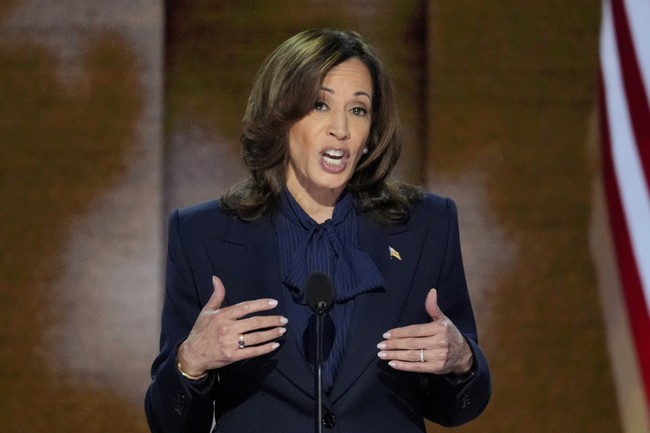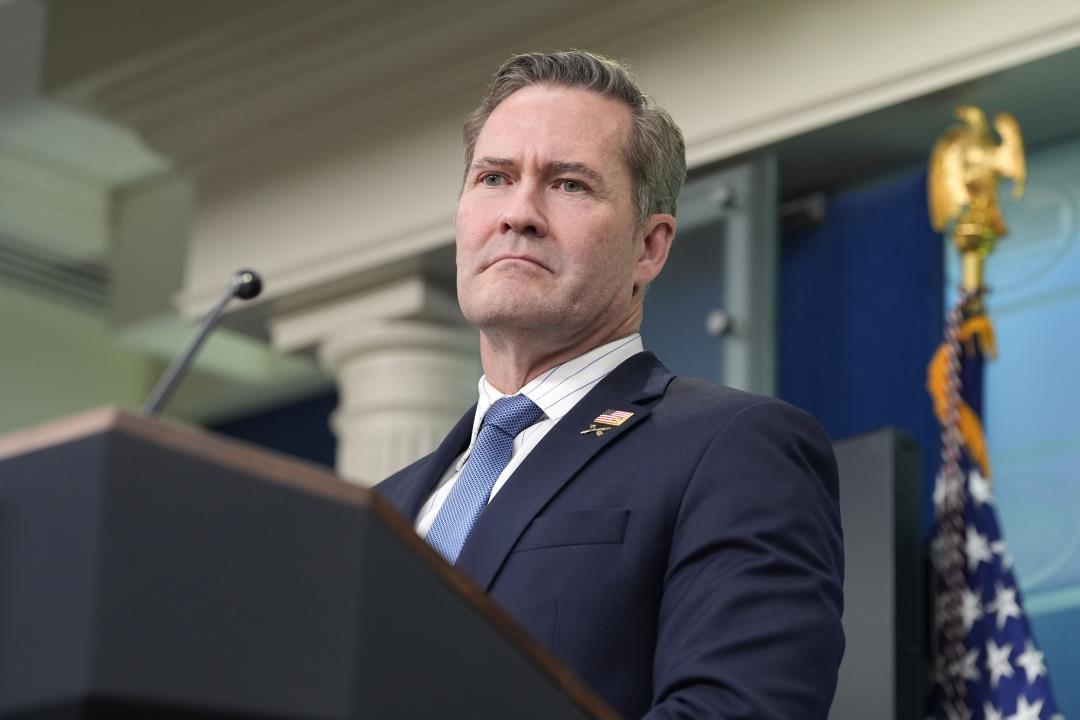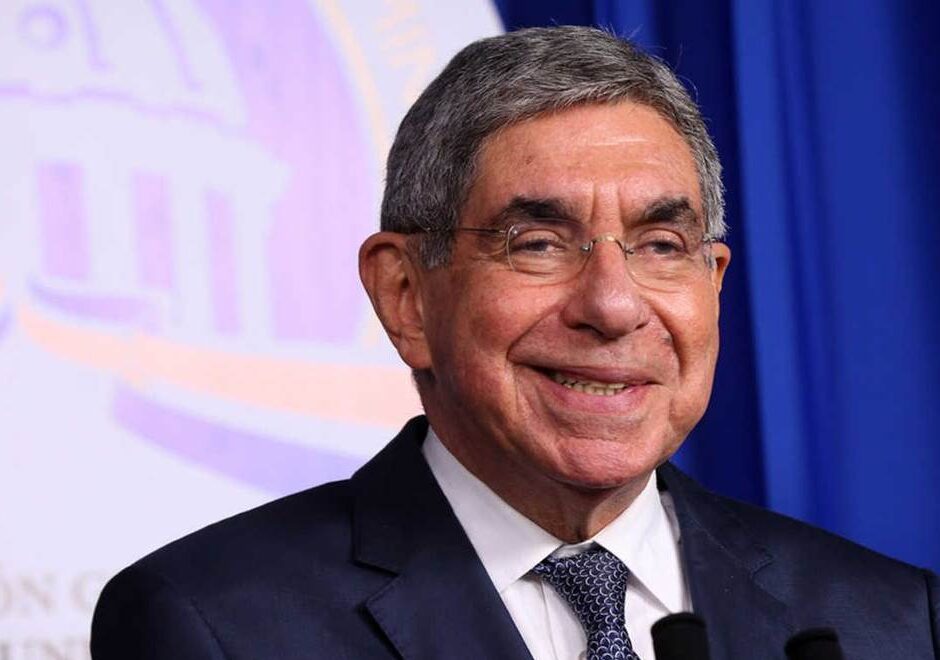Syria's Government Restructuring Sparks Global Interest
In the wake of Bashar Assad's overthrow, Syria forms a new government under interim President Ahmad Al-Sharaa, an effort viewed as a potential positive step. This development comes amid global discussions on lifting sanctions and ensuring national stability.
Published April 01, 2025 - 00:04am

Image recovered from arabnews.com
The political landscape of Syria is undergoing significant transformation with the formation of a new government following the downfall of long-time ruler Bashar Assad. The interim President, Ahmad Al-Sharaa, has been pivotal in this transition, appointing a predominantly Sunni Muslim cabinet. This represents a strategic shift from Assad's Alawite-dominated reign, aiming to address decades of oppression and bring about a more inclusive political framework.
In an official statement, the United States responded by describing the new government as a positive development, albeit with conditions for altering their stance on existing sanctions. State Department spokeswoman Tammy Bruce reiterated the necessity for Syria's interim authorities to dismantle any terrorist affiliations, curb the influence of Iran, and take tangible steps towards eradicating the remnants of Assad's chemical weapons program, among other stipulations. These measures, according to Bruce, are essential for considering any potential easing of U.S. sanctions.
The European Union has shown a willingness to reconsider some of its sanctions against Syria. Although Britain and Canada have already taken steps to lift restrictions, these actions are met with caution as the international community closely monitors the nation's progress in addressing terrorism and human rights concerns.
Domestically, Ahmad Al-Sharaa's administration faces the challenge of proving its legitimacy and effectiveness to both the Syrian populace and the international community. Analysts note that the absence of a Prime Minister underscores Al-Sharaa's consolidated control over legislative, executive, and judicial affairs, reflected in the new constitution.
Within the cabinet, key roles remain occupied by Al-Sharaa's close allies and military leaders who played significant roles during the civil unrest that led to Assad's ouster. Figures such as Assaad Al-Chaibani continue their tenure in the diplomatic and defense sectors, a move that highlights continuity amidst political upheaval.
The government also seeks to be more representative by including members from Syria's minority groups, such as Christians, Druze, Kurds, and Alawites, though none hold senior government positions. This inclusion is part of a broader strategy to garner wider national and international support. Nevertheless, skepticism remains, especially from the Kurdish autonomous administration that questions the integration of minorities and the true intent behind the unity proposals offered by the central government.
Internationally, the new government in Syria is also perceived through the lens of geopolitical interests and alignments. Notably, Russian President Vladimir Putin has expressed support for Syria's fledgling government, emphasizing efforts to stabilize the country. Russia maintains a keen interest in the outcome of Syria's political transition, given its historical support for Assad during the civil war.
The regional context adds another layer of complexity, with ongoing conflicts such as the Gaza-Israel situation affecting Middle Eastern dynamics. In the backdrop of these regional tensions, Syria's political evolution remains under scrutiny, as any shift in governance has far-reaching implications for Middle Eastern equilibrium.
As Syria ventures into this new political chapter, the nation stands at a crossroads, balancing domestic reforms with international pressures. The path forward for Al-Sharaa's government involves not only restructuring but also bridging the divide between factions and securing peace after years of civil conflict. All eyes are on how these changes will unfold and whether they will usher in an era of stability and growth for Syria.







